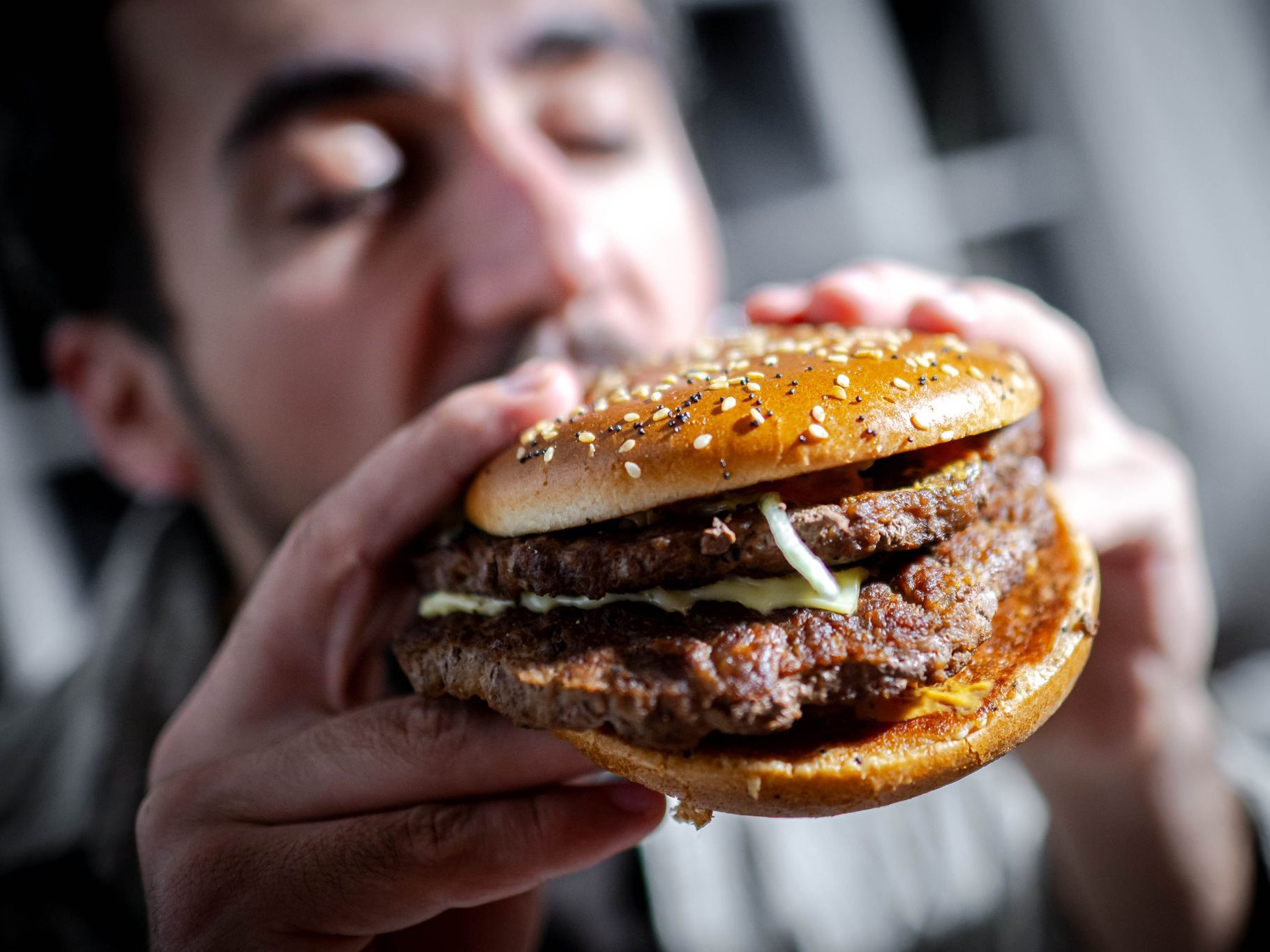Modern Diet Could Increase Tumor Risk

A supposedly healthy nutrition trend could increase the risk of cancer.
Accompanied by low-processed meat and additives, the new diet is now suspected of increasing the risk of cancer in the long term. Doctors warn of possible side effects, especially with regular consumption of highly processed products.
Background and Context
Thousands of studies show that obesity, highly processed foods, and regular consumption of processed meat can significantly increase the risk of various types of cancer – including colon, breast, and prostate cancer. The consumption of ultra-processed foods is associated with up to a 10% higher overall and breast cancer risk.
What Speaks Against the Trend?
Health professionals point out several risks:
- Hoher Gehalt an Zusatzstoffen, Salz und Zucker in industriell gefertigten Lebensmitteln, die Entzündungen und Übergewicht fördern – beides Krebsfaktoren.
- Verarbeitetes rotes Fleisch enthält Nitrosamine und Häm-Eisen, die krebserregend sein können.
- Hochdosierte Nahrungsergänzungsmittel wie Vitamin A oder Beta-Carotin können bei bestimmten Risikogruppen das Krebsrisiko sogar erhöhen.
What is Recommended?
Professional societies like the DGE and cancer prevention organizations recommend a plant-based diet with plenty of fruits, vegetables, legumes, and whole grains – and as few highly processed products as possible. Adequate physical activity further enhances the protective effect.
Questions and Answers on Nutrition Trends and Cancer Risk
Why are highly processed foods considered problematic?
They often contain high amounts of salt, sugar, fat, and artificial additives. These can promote inflammatory processes in the body, favor obesity, and negatively affect metabolic processes – all factors associated with an increased cancer risk.
What diet do experts recommend for cancer prevention?
A plant-based diet with plenty of vegetables, fruits, whole grains, legumes, and nuts. Animal products should be consumed in moderation, especially red and processed meat. Regular physical activity also plays an important role.
Are dietary supplements dangerous?
In some cases, yes: High-dose supplements – such as beta-carotene in smokers – can increase the risk of certain types of cancer according to studies. In general, the need for vitamins and minerals should be met through diet.
How to Recognize "Highly Processed" Products in the Supermarket?
An indication is long ingredient lists with many chemically sounding terms, artificial flavors, preservatives, or sweeteners. Products that have undergone several processing steps and hardly resemble the original food are considered highly processed.
How Significant is the Impact of Diet on Overall Cancer Risk?
According to the World Cancer Research Fund, up to 30% of all cancer cases could be prevented through healthy eating, sufficient physical activity, and normal body weight. Diet is thus one of the most important modifiable risk factors.
Are There Differences in Cancer Risk Depending on Age Group or Gender?
Yes. Some types of cancer, such as breast cancer, occur more frequently in women, while prostate cancer affects only men. Younger people are less often affected, but poor dietary habits can also increase their risk in the long term.
How Can Children Be Introduced to Healthy Eating Early On?
An important factor is balanced eating habits at home. Fresh, unprocessed foods should be preferred. Cooking together, regular meals, and avoiding sugar and convenience products promote healthy habits in the long run.
This article has been automatically translated, read the original article here.





